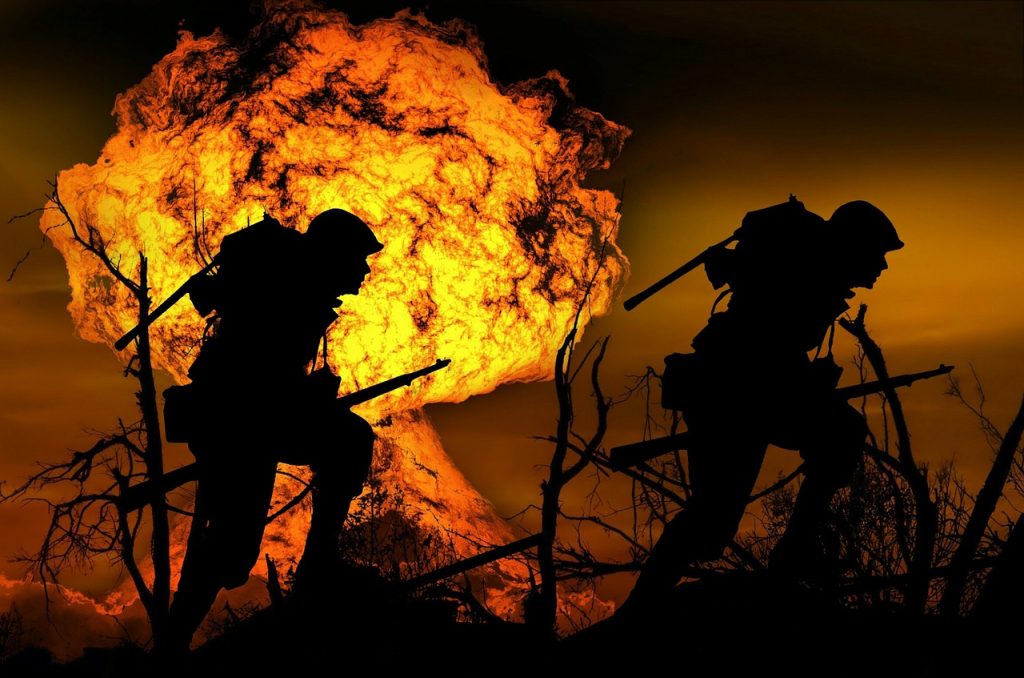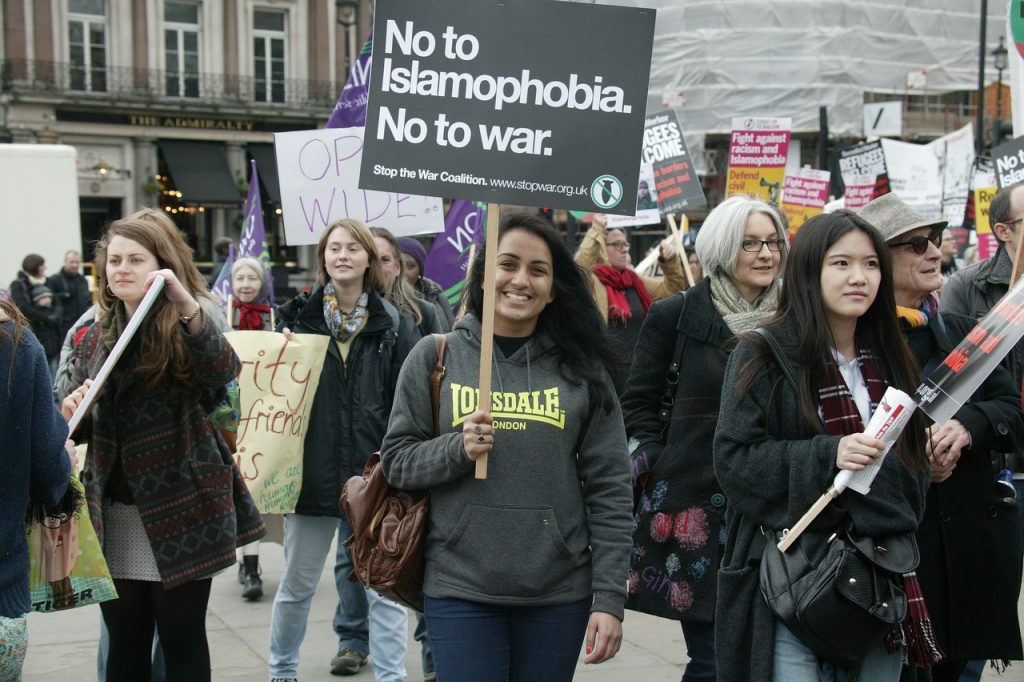Global Conflict Management
Mirrored in Our Local Communities and Workplaces

In an era where conflict resolution in our homes, workplaces, and local communities emphasizes peace, diplomacy, and understanding, it’s striking to observe the stark contrast in how global conflicts are managed. The principles of nonviolence and equity we strive to instill in our communities seem hypocritical when juxtaposed with the violent, exploitative methods often employed on the international stage.
At the grassroots level, the “Might is Right” philosophy is universally condemned. Parents teach their children to resolve disputes with words rather than fists. Schools enforce anti-bullying policies, workplaces promote collaboration over competition, and community leaders advocate for peaceful dialogue. These efforts underscore a collective understanding that violence is both illogical and immoral. Yet, when we shift our gaze to global politics, these same principles are often abandoned in favor of military might and economic coercion.

The inconsistency in our approach to conflict resolution has far-reaching consequences. The violence and fear perpetuated by global conflicts do not remain confined to the borders of the nations directly involved. They ripple outwards, spilling over into our local communities and workplaces. In diverse societies, this spillover can be particularly damaging, exacerbating tensions, fueling bigotry, and undermining efforts to foster equity, diversity, and inclusion (EDI).
Consider the cognitive dissonance this creates: we work tirelessly to build inclusive communities and workplaces, yet we condone or even support actions on the global stage that are antithetical to these values. This hypocrisy is not just a moral failing; it poses a tangible threat to social cohesion. The fear, hatred, and division sown by global conflicts seep into the fabric of our societies, manifesting as prejudice, discrimination, and even violence in our daily lives.

The challenge for organizations committed to EDI is clear. How can we expect to foster an environment of inclusion and respect within our workplaces when the broader societal narrative is one of division and conflict? The answer lies in embracing effective conflict management practices at all levels—local, national, and global. By promoting peaceful, rational approaches to conflict resolution in our international relations, we can reinforce these values within our communities and organizations. Moreover, the path to sustainability—social, economic, and environmental—depends on global collaboration. The current model of international conflict management, rooted in fear and exploitation, is not only morally indefensible but also strategically unsound. It prevents the meaningful collaboration needed to address the pressing challenges of our time, from climate change to economic inequality.

In conclusion, the hypocrisy embedded in our global conflict management practices undermines the very values we seek to uphold in our local communities and workplaces. To create a more just, equitable, and sustainable world, we must adopt consistent, nonviolent approaches to conflict resolution at all levels. Peace is the path to collaboration, and collaboration is the key to our collective survival.
Tony Redman
